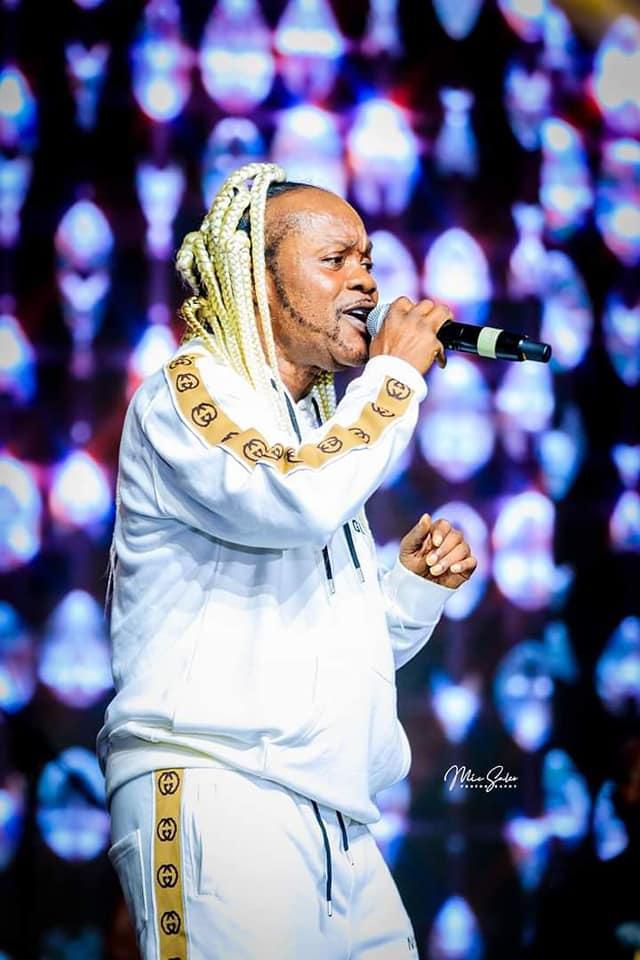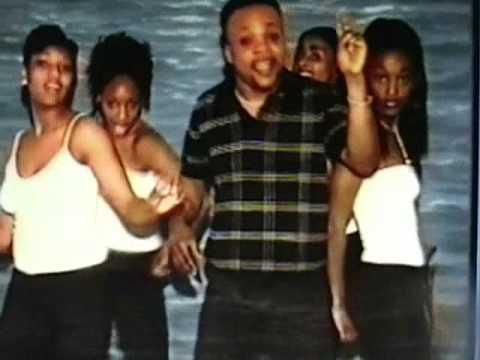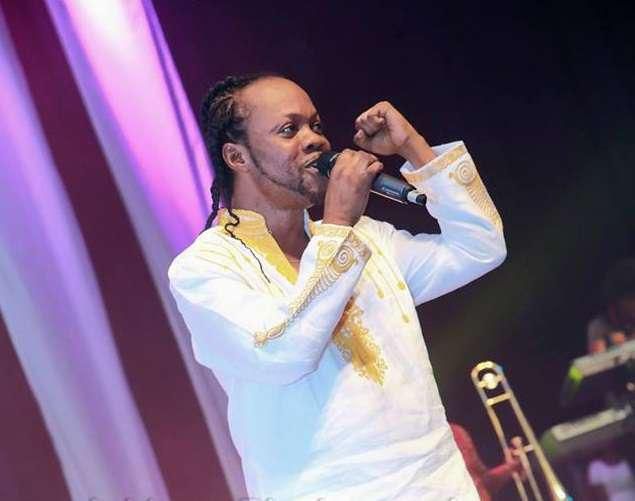Since the passing of Daddy Lumba, admirers have pointed to his prolific catalogue, distinctive artistry, and cultural influence as evidence of his creative dominance. Many have also debated whether he should be formally regarded as a legend.
Charles Kojo Fosu, affectionately known as Daddy Lumba, died on 26 July 2025 at the age of 61 after a short illness. Widely celebrated as one of the most influential figures in Ghanaian highlife music, his powerful vocals, emotive lyrics, and decades of artistic excellence shaped the country’s musical heritage and touched millions across generations.
In an official statement, the Fosu family announced:
With profound sorrow and deep grief, the Fosu family announces the passing of Ghana's beloved musical icon, Charles Kojo Fosu, popularly known as Daddy Lumba, who passed away earlier today, Saturday, July 26, 2025, after a short illness.
)
Is Daddy Lumba a Legend?
Using the criteria outlined by Pulse Ghana, longevity, innovation, cultural impact, authenticity, respect, timelessness, influence beyond music, and formal recognition, here is an assessment of whether Daddy Lumba truly qualifies as a music legend:
1. The Longevity Game
Daddy Lumba’s career spanned nearly four decades, beginning with the Lumba Brothers’ debut in 1989 and continuing strongly until his death in 2025. Despite changing musical trends, his songs remain ingrained in Ghanaian life, regularly played at celebrations, gatherings, and everyday occasions.
2. Game Changer: Redefining Highlife
He transformed highlife by fusing traditional Ghanaian rhythms with soul, funk, gospel, and modern instrumentation. His debut album, Yɛɛyɛ Aka Akwantuo Mu, was groundbreaking, while tracks like Aben Wo Ha redefined the genre’s style and reach.

3.Culture carriers: Beyond entertainment
Lumba’s lyrics explored themes of love, grief, hope, and Ghanaian identity. Songs such as Theresa and Yentie Obiaa transcended entertainment, reflecting societal values and cultural pride.
4. Authenticity
Throughout his career, Lumba stayed rooted in his Asante heritage and musical truth while adapting to evolving soundscapes. His consistent use of Twi and rich storytelling affirmed his authenticity.
5. Respected by the public and peers

He enjoyed immense respect from fans and fellow musicians. Renowned artists including Sarkodie, King Promise, and KiDi have cited him as a major influence.
6. Timeless music
Hits like Aben Wo Ha and Mpempem Do Me continue to resonate across generations. Remarkably, Mpempem Do Me featured on King Charles III’s 2025 Commonwealth Day playlist, underscoring its enduring appeal.
7. Influence beyond music
Known for his bold style in both fashion and music, Lumba left a mark on Ghanaian pop culture. He founded DLFM radio station, used media to shape public discourse, and bridged the gap between music and cultural leadership.
8. Formal and grassroots recognition

His accolades include seven Ghana Music Awards, the EMY Africa Icon/Legend of Entertainment award (2018), the Borga Highlife Lifetime Award in Germany (2023), and a National Honours Grand Medal in 2024. Following his death, his surge in streaming numbers and tributes from fans further cemented his status.
Verdict
Yes, Daddy Lumba epitomises the essence of a music legend as defined by Pulse Ghana. His extraordinary longevity, groundbreaking creativity, cultural significance, authenticity, and wide-ranging recognition, both formal and emotional, secure his legacy as one of Ghana’s most iconic and beloved musical figures.
)
)
)
)
,fit(112:112))
,fit(112:112))
)